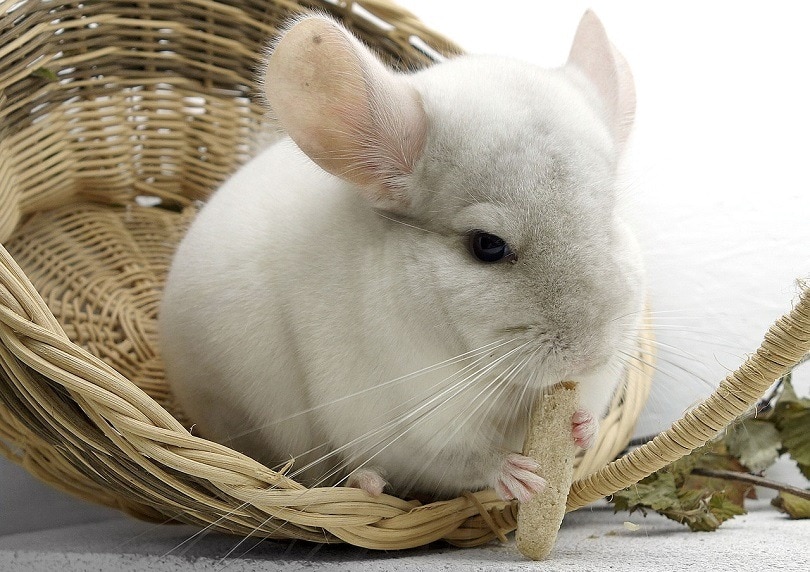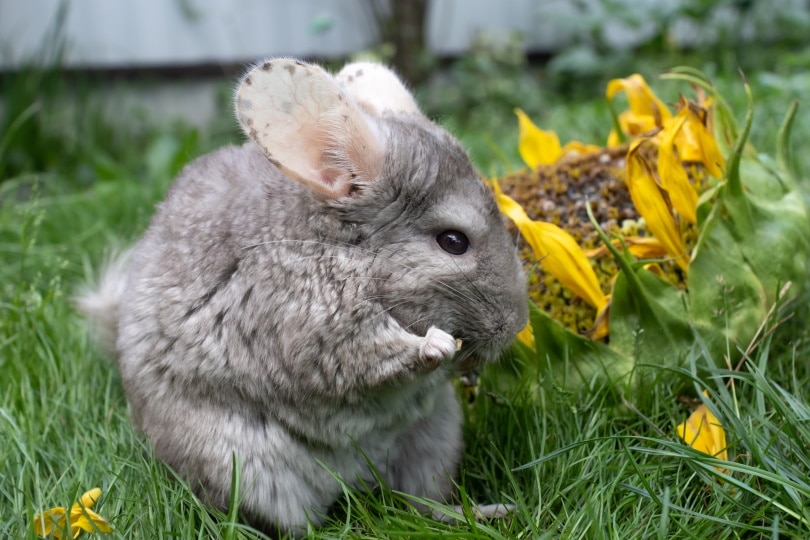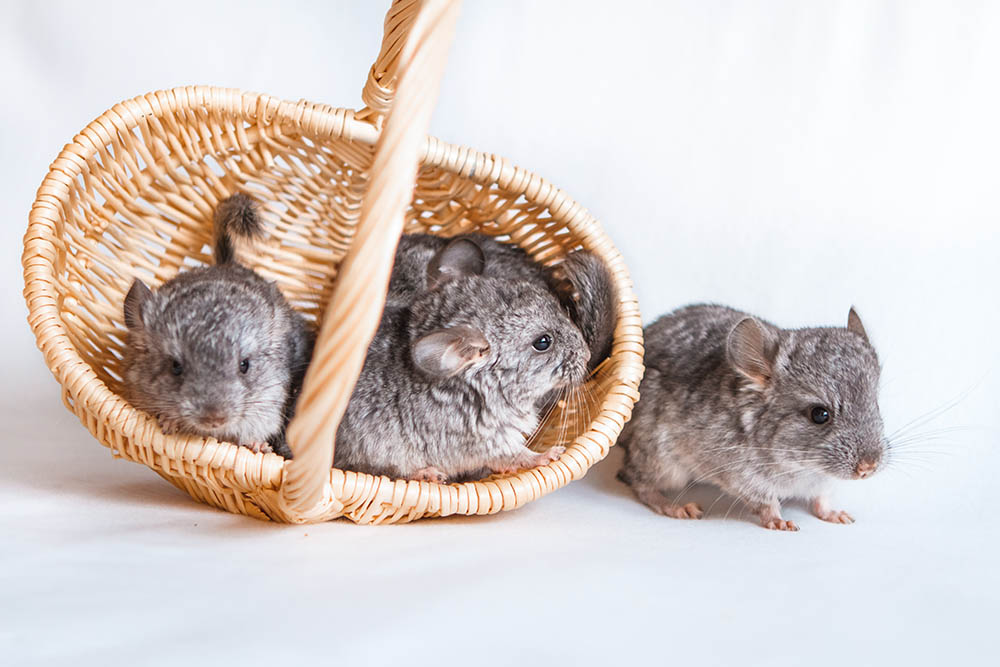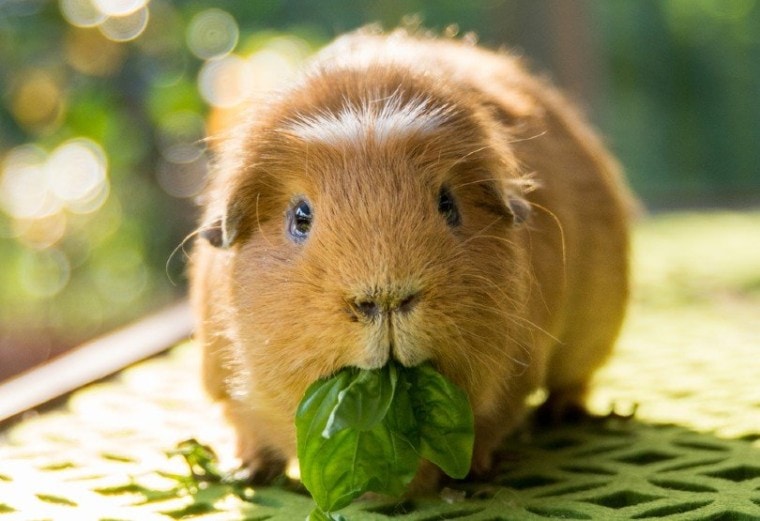
No one wants to leave their guinea pigs alone for an extended period, but it’s something that happens if you have work or tend to travel regularly. If you are a piggy parent, you must have found this problematic, as you always wonder how long your pet can go without eating and drinking and what you can do to ensure its survival and safety during separation. Simply put, guinea pigs should not go longer than 12-24 hours without food and water.
To prepare for leaving your piggy alone, take measures to make your absence as low-stress as possible. Here’s everything you need to know.
How Long Can Guinea Pigs Go Without Water?
Your pet needs to stay hydrated with fresh and clean water during your absence. It is especially vital because a guinea pig’s diet mainly consists of lots of dry and fibrous foods and needs lots of fluids for its digestive tract to stay functional.
Every piggy is different, but no pet should go without rehydrating for any length of time. Any longer than 12-24 hours is pushing the guinea pig to its death.
Although some piggies can survive without water beyond 48 hours, it is not fair to put your piggy through that. Ensure your pet can access adequate and appropriate water for its age, stage of development, and weather conditions at all times.
How Much Water Does a Guinea Pig Need in a Day?
On average, guinea pigs require not less than 80-100 ml of water in a day per animal. This amount can only increase, and it depends on the pet’s production stage. For instance, pregnant or lactating piggies will have an increased water intake.
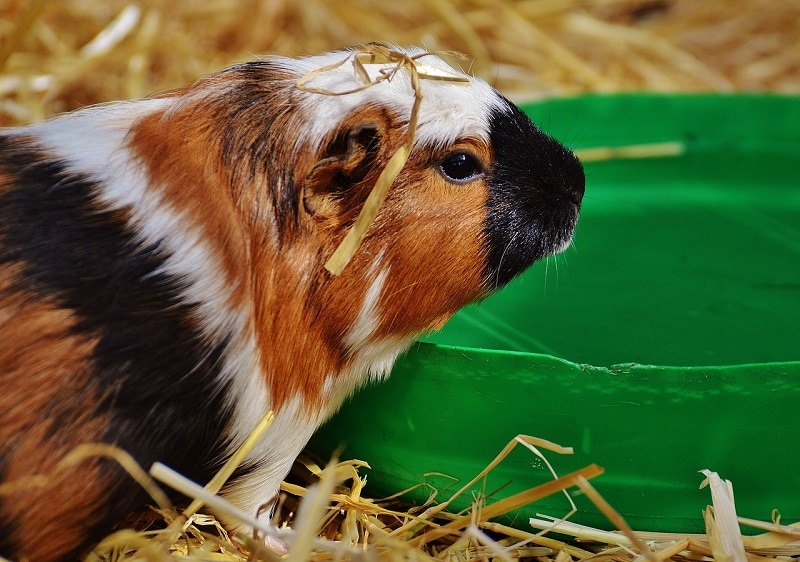
The best way to offer water to a piggy is by using a glass non-drip water bottle so that it does not chew on and clog it. You can simply attach or suspend this waterer to the pet’s cage because the piggy will defecate or urinate in the water if you leave it on the floor.
You can still supply your pet with daily water requirements by feeding it with plenty of fruits and vegetables with high water content.
How Long Can Guinea Pigs Go Without Food?
You shouldn’t intentionally starve a guinea pig to know how long it can survive without eating. However, there’s no doubt that these pet rodents can’t go for long without a feed as they need it to keep their intestinal systems and livers functioning and healthy.
The golden rule of thumb is not to deprive your piggy of food for 24 hours or more, as it’ll start experiencing intestinal issues. So, if you plan on traveling for some time, ensure the piggy has an adequate food supply all day and night.
How Long Can a Guinea Pig Stay Alone?
If you leave your home, whether briefly or for an extended period, you’ll want to know how long your guinea pig can be left alone. Well, although your piggy may grow attached to you over time, it doesn’t need you around it all the time (as long you meet its basic needs, of course).
Yes, theoretically, your pet can live alone forever if you make sure it feeds, drinks, and has a clean environment all throughout.
But you know this isn’t practical; you’ll need to replenish its food and water and clean its enclosure to prevent germ and bacteria build-up at some point. If you don’t, it’ll get sick from old food full of mold and develop respiratory issues from the ammonia fumes that build up when urine and feces accumulate.
So, ensure you don’t leave your piggy on its own and unattended for longer than 24 hours—a maximum of 12 hours is considerable. Guinea pigs rely on your care and require your attention and affection, just like other household pets.
It’s necessary to clean its habitat at least once a week, and provide it a fresh supply of food and water every day, meaning it’s unrealistic to leave it unattended for weeks!
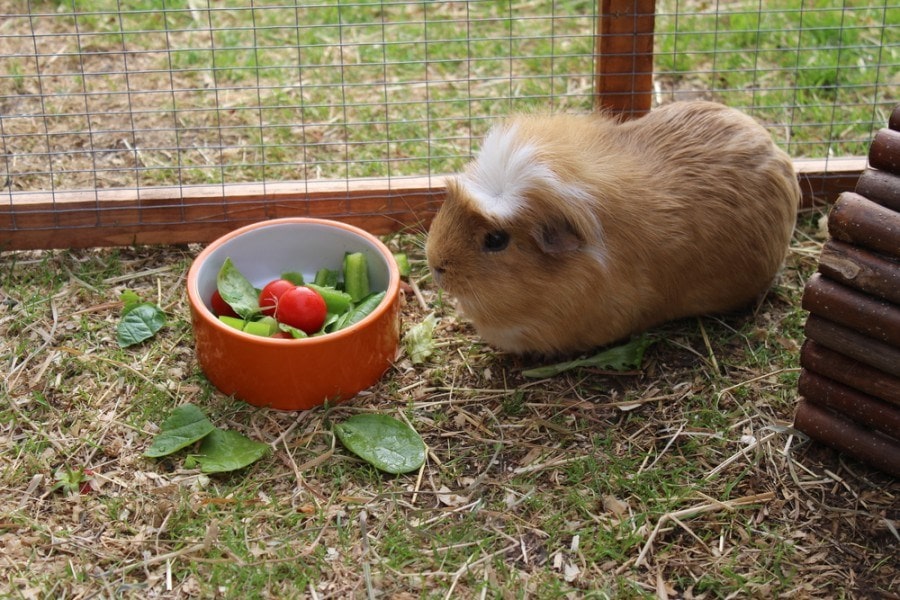
Guinea Pig Foods and Vegetables with High Water Content
Besides water, you can provide high-fluid foods and veggies to supplement the water intake during your absentia. But remember that these foods should only act as occasional treats and not a full-time diet.
Here are some food options that contain over 90% water and are guinea pig-friendly.

Why You Shouldn’t Leave a Guinea Pig Alone for Long
1. Guinea Pigs Don’t Thrive in Isolation
Guinea pigs are naturally social and do not do well in isolation or when lonely for long. These pets need human contact, interaction, and affection to thrive.
2. They Require Plenty of Hay and Food
You know a guinea pig’s teeth never stop growing, right? It’s imperative to provide it with plenty of hay and food because it needs something to constantly chew, meaning a piggy requires access to hay and food 24 hours a day.
The fibers and nutrients in the food also support guinea pigs’ overall health and promote optimum digestion and bodily functions.
3. A Continuous Supply of Water is Difficult
Leaving a guinea pig alone for a long period means you won’t be there to offer it water when it has to drink. Even with several waterers, consider that your piggy can’t easily drink through them, or the bottles could clog or leak. Plus, the piggies could accidentally tip the waterers over and lose their supply.
4. Possible Unfavorable Climate in Your Home or Pet’s Habitat
Guinea pigs require protection from temperature fluctuations, which are likely within a home environment, especially during the night heat swings. You need to be available to help control the conditions and keep your pet safe.
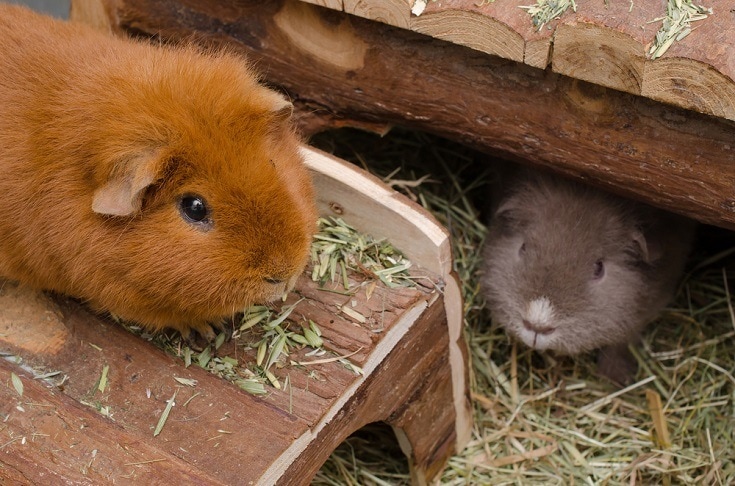
5. Guinea Pigs Are Prone to Sickness
Piggies catch illnesses and become sick without warning because they are tiny pets, so you need to identify the ailments quickly. The only way to do so is by observing the signs visually and get them to a vet pronto if you notice anything off with your guinea pig.
Tips for Keeping Your Guinea Pig Healthy When You’re Away
Although you shouldn’t leave your pet alone for long, that’s bound to happen from time to time in this modern world. Here are the steps to put in place to ensure your pet’s safety and health.
1. Invest in Multiple Water Bottles
If you are going away for more than a day, you can keep your piggy hydrated by installing various bottles in its habitat.
2. Hay Should Not Run Out
Timothy hay is a piggy’s must-have and favorite diet. So, it would be best to keep the animal around hay for as long as you’ll be away.
Also, you can invest in a hay rack to keep the food above the ground. This device will also help store more hay at a time than you would if you simply threw some on the floor. But hay is dry food; ensure continuous water supply as well.
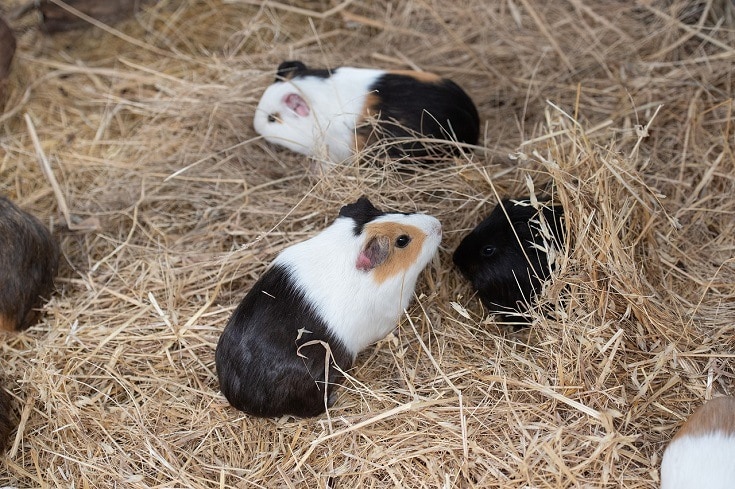
3. Provide Lots of Space
Keeping the pet caged up throughout can be stressful. Ensure the cage is spacious and offers it enough room to play, hide, shelter, and sleep. The enclosure should be in a serene and stable environment, with clean and fresh bedding and free of danger or risk of injury.
4. Set Up a Surveillance Camera to Help Monitor the Pet from a Distance
You’d want to keep an eye on your pet, especially now that you are away from it. Install a camera and link it to your smartphone so that you can tell if the piggy is running low on supplies and ensure it’s still behaving normally.
You can easily get a pet-monitoring camera from any pet store, and they are pretty affordable too.
5. Ask for Help from a Neighbor or Friend
Ask your friend or neighbor if they can help take care of your piggy while you are away, then teach them how to do it.
Although teaching someone to take care of a guinea pig isn’t that difficult, ensure you do it in advance before leaving for the trip to get the two acquainted. If someone can help keep an eye on your piggy, you can travel for as long as you want.
6. Hire a Pet Sitter
Alternatively, you can hire a pet sitter to visit frequently during the day while you are away. It’ll prevent the need for full-time care and give you the peace of knowing someone’s monitoring your pet.

7. Consider Boarding Your Pet
It will also be best to check your piggy into a kennel if you plan to go on a long trip for days. These boarding facilities will gladly help maintain your pet for as long as you want, at a low cost.
But, if your local kennel is reluctant to provide the services, you can check in with your local pet stores or your family vet. Some pet shops and vets offer boarding services, and you can drop your guinea pig off, where they’ll look after it for a fee.
The significant benefit of leaving your pet with a vet is that you won’t worry about the pet’s health, inexperience, or failed monitoring while you are away.
Conclusion
Undeniably, eating and drinking are essential to a guinea pig’s health and survival. So, if you have to leave your pet unattended for a day or two, it’s only fair and responsible that you provide several days’ worth of food and water.
See also:
Featured Image Credit: TJ Images, Shutterstock




